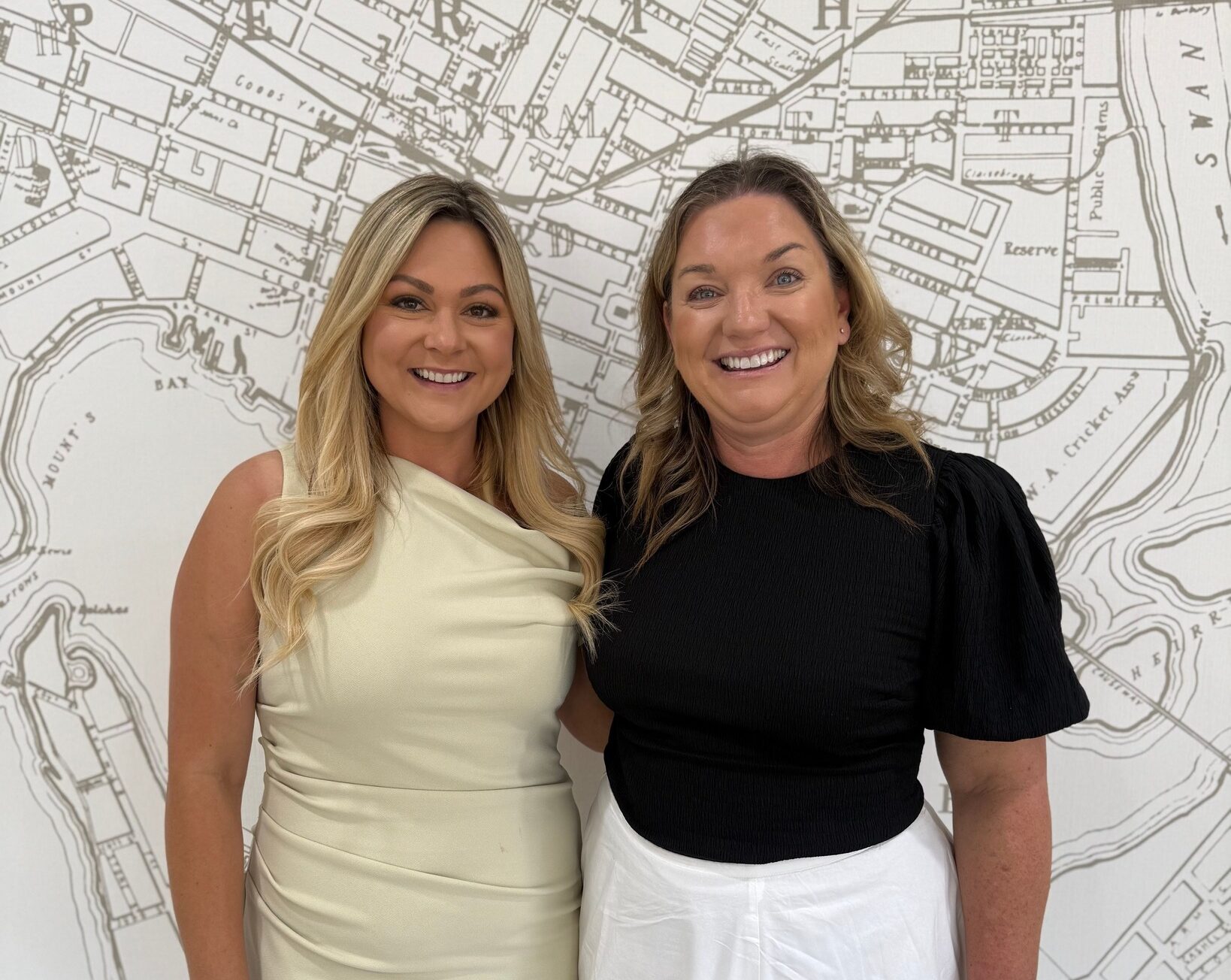Our blog features insights, tips and advice from industry experts.

As a property manager in Western Australia, routine inspections are a vital aspect of our job. These inspections ensure that rented properties are well-maintained and kept in good condition, while also providing a checklist for landlords to ensure that their property is protected and remains in good condition for years to come.
But there is a misconception surrounding routine inspections. Many people believe that it is simply a ‘housekeeping’ inspection, where the property is assessed for cleanliness and tidiness. While a tenant’s cleanliness is important, routine inspections are not just about checking for how clean the property is. Routine inspections serve a much greater purpose than many people realise.
During routine inspections, property managers often assess not just the cleanliness of the property but also the state of the property’s hardware and fixings. For example, the property manager may assess the condition of the hot water system or ensure all locks are operational and meet security standards. These aspects may seem small, but they can have a significant impact on the tenant’s experience in the property and should be addressed promptly.
Routine inspections also provide a chance for the property manager to ensure that the tenant is following the terms of the lease agreement. The agreement can specify how many people can live in the property, where pets can be kept, or where smoking is permitted. In some cases, tenants may be subletting the property, which will violate the agreement. Routine inspections provide an opportunity to identify any issues and address them in a timely manner.
So, what can you do to get the most out of routine inspections and ensure that your property is well-maintained?
Firstly, make sure that your tenant is aware of your expectations when it comes to property maintenance. This includes everything from keeping the property clean and tidy to reporting any issues in a timely manner. Communicate these expectations clearly in the lease agreement, and make sure that the tenant understands the responsibilities that come with renting a property.
Secondly, take advantage of technology to make the process more efficient. Use digital reporting tools, such as property management software, to quickly document and report on the state of the property. This can help to streamline the process of identifying issues and resolving them quickly.
In conclusion, routine inspections are not simply housekeeping inspections. Instead, they are a vital aspect of protecting your rental property while ensuring that your tenant is happy and comfortable. By communicating your expectations clearly and utilising technology to your advantage, you can get the most out of your routine inspections and ensure that your property is well-maintained for years to come.
Recent Posts
Book A Report Today
At Property Assist we understand that business owners are rapidly expanding their rental portfolios and Property Managers can’t handle everything on their own.




